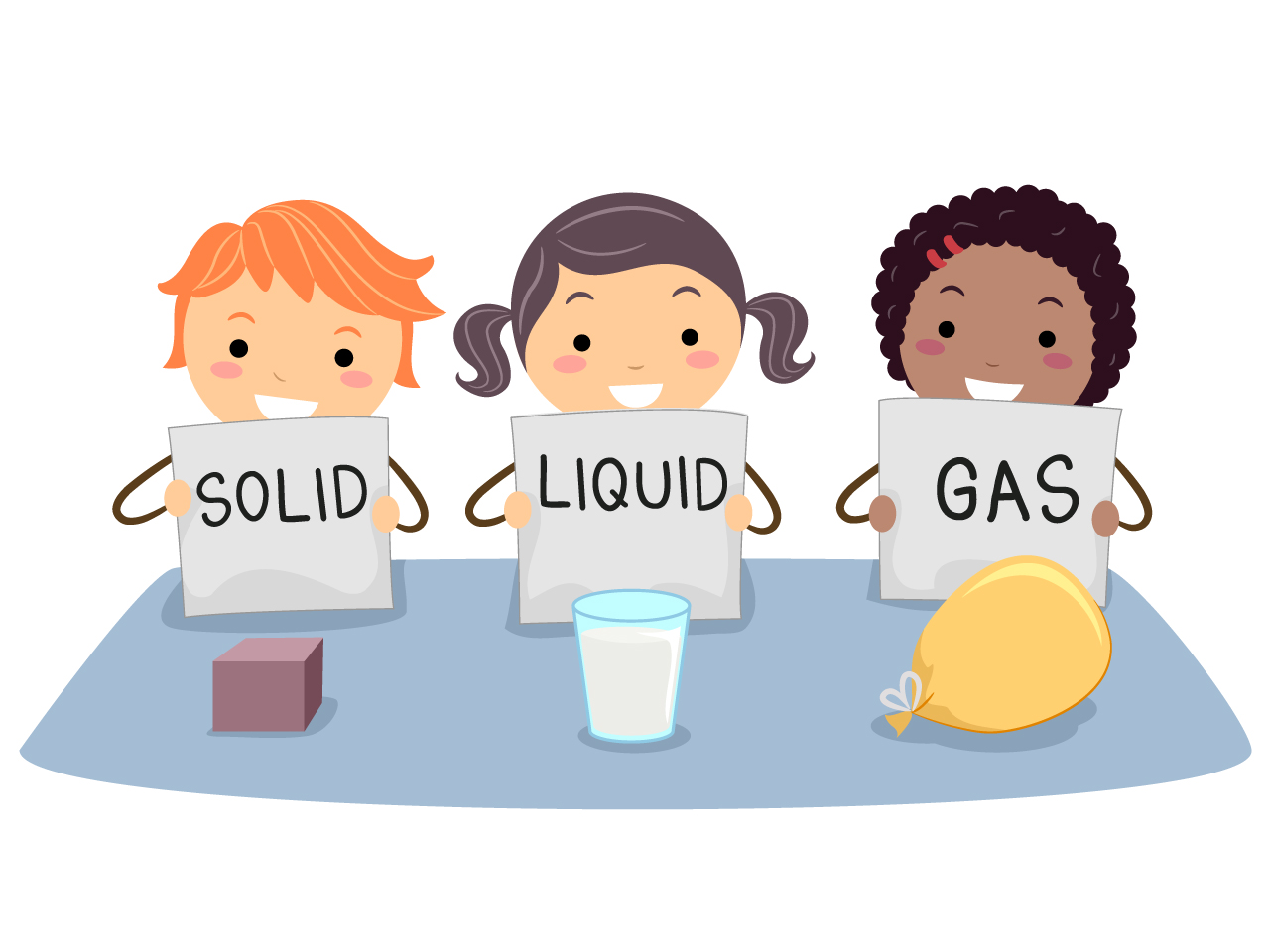7 Ways to Learn Math Through Literacy Skills
Oct. 3, 2017
Love it or hate it, since the implementation of the Common Core Standards across the country, the primary goal of math instruction is to guide our kids into a deeper understanding of mathematical functions. In the past, kids relied on rote memorization to learn mathematical functions. For decades, kids spent their days at school memorizing multiplication tables and engaging in what teachers now refer to as “drill and kill” sessions, where kids are timed at how fast they complete problems.
Educators now know that rote memorization just doesn’t work for every child, and even if it did, a deeper understanding of math processes only contributes to developing kids’ logical and critical thinking skills. If you’re looking for ways to help your child learn and love math, keep reading to find 7 innovative strategies that will increase both math and early literacy development!

Don't "Help" your Kid to Do the Problem
Instead, let him or her explain the process of solving it to you. One common mistake parents make is wanting to teach their children so badly, that they accidentally do the work for them, hoping that kids observe the process!
To avoid this, encourage your child to “talk it out”. Instruct your child tell you their plan to solve the problem, and verbalize each step of the process. Once your child can correctly explain the process of solving a problem verbally, the skill is internalized and less likely to be forgotten.
If your Child Gets a Problem Wrong, Ask Why
It’s ok if your child gets it wrong! We all learn from our mistakes, and this is part of the lesson. Ask your child to think through each step of the problem again to find the error. Chances are, when your child thinks it through another time, they will locate their error and be able to tell you what happened. This helps kids to analyze their own problem solving and strengthen critical thinking skills, while honing their understanding of the mathematical process.
Have a Daily Conversation about Math
This is something fun to talk about at any time of the day! After school, ask your child how he or she used math that day. Help your child see how we use math every day in our regular lives. Encourage your little learner to find new ways to use math to help solve every day problems.
This can be anything from shopping in the grocery store, to calculating a grade. To take this one step further, allow your child to keep a math journal. Before or after homework time, help your child to write a journal entry detailing ways they used math that day, or how they can use math tomorrow.
Quiz time! Have your Child Quiz YOU
This is a great way to get your child thinking about the skills he or she has been learning in school! Play a classic game of role reversal and encourage your child to give you a quiz. Instruct your child to create challenging math problems like the problems he or she has been completing in school.
Make sure your child creates a few problems and prepares the answer to grade your responses! By switching roles, your child will feel empowered by playing the teacher, while also practicing essential math skills by creating, thinking out, and completing their own problems!

Use Word Problems that Pose Realistic Scenarios
Whether you make up your own story problems or find them online, word problems are an excellent way to mix literacy with math to help your child understand how math is used in real-life situations! Make sure each story problem poses a scenario that involves using numbers and math in realistic situations. As your child grows older, help your child to create their own story problems based on elements from their own daily life!
Teach and Use Math Vocabulary from an Early Age
Sometimes we think that simplifying language helps our kids understand more, when using higher-level vocabulary teaches kids to use those words and learn them sooner.
Words and phrases like greater than, less than, sum, vertices, and more should be used immediately when the concept is introduced, rather than simplifying language for kids. By teaching and modeling math vocabulary, your child will understand math concepts quicker and more accurately.
Read Books about Math!
Here’s something easy and fun, but is often overlooked! There are tons of children’s books involving math. Reading math stories is a great way to engage kids in math while utilizing and extending their literacy skills. Check out your child’s book fair, the local library or bookstore to find interesting stories involving the specific math skills your child is working on!
If you’ve been stuck trying to figure out how to teach kids math in today’s ever-changing educational landscape, look no further than literacy strategies to help your child understand and succeed in math. Using the above tips, your child will not only learn to complete math problems, but he or she will gain a deeper understanding of math processes, ensuring future math proficiency!











